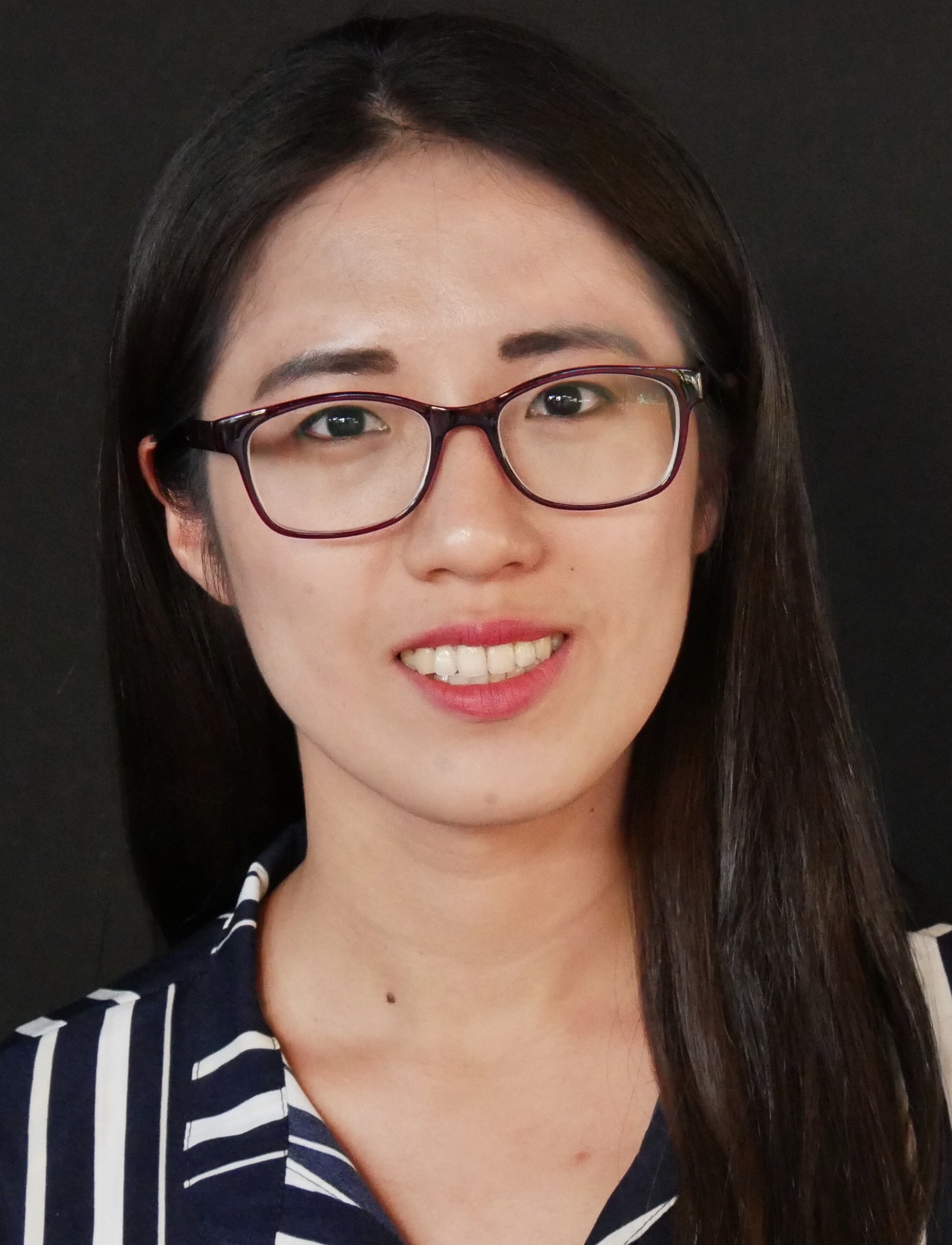Ke-Yun Yeh (Karen) is an experienced software developer with particular expertise in Salesforce, a research assistant, and a data scientist pursuing a master’s degree in Information Science at the University of Pittsburgh (expected graduation: April 2020). A disciplined worker with solid leadership skills, she has four years of relevant work experience in software development, research, and web administration. She aspires to be a Salesforce developer who proposes solutions that help companies solve problems in smarter ways.

At the University of Pittsburgh, Ke-Yun currently serves as president of the School of Computing and Information Graduate Student Organization (SCIGSO), the school’s official representative in university-level meetings. Throughout the year, SCIGSO and its five child-organizations jointly host events, which means that communication is key. However, some members of the child-organizations feel uncomfortable with this governing relationship and rarely attend the required meetings.
To solve this dissenting behavior, Ke-Yun met with those who had a history of poor performance to find out what requirements they deemed acceptable. Afterward, she proposed the penalties for not meeting these requirements. She also worked with the school dean to establish benefits for volunteering to serve these student organizations. By fighting for their benefits, she discovered that the whole team placed greater trust in her, which resulted in a more cohesive relationship between SCIGSO and its child-organizations.
Ke-Yun also served as the president of HackNTU 2017, leading the effort to maintain and develop public relationships with the school, government, media, and corporations. Additionally, she needed to ensure ample fundraising, but companies refused to pay or invest until she and her team presented a comprehensive theme design. In past competitions, topics were usually general to give hackers flexibility for their projects, but companies doubted the relevancy to their businesses.
To assuage their concerns, Ke-Yun adapted the rules to include an enterprise track in the topics and worked with companies on a case-by-case basis to analyze their requirements. Afterward, she designed and proposed customized projects for hackers to solve. Incentives for hackers increased because the new rules and projects gave them more chances to win prizes (i.e., an enterprise prize). Companies received more attention and could collect ideas to solve their problems. As a result, over 80% of companies cooperated further with the hackers to finish and implement the projects. Moreover, Ke-Yun and her team raised sufficient money for the event in a short timespan while not sacrificing their desired topics.
As a Salesforce Junior Developer, Ke-Yun proposed and deployed solutions to 291 issues found in security scans, which improved the system’s codebase in matters such as Cross-Site Scripting and CRUD operations. These security fixes made the system more robust, providing users with a stable and reliable working environment. She also created a feature that automatically assigns an appropriate license based on the user’s AD group membership when signing into the system.
For a federated authorization project, she designed and configured four web forms using FormAssembly. She and her colleagues transferred all relevant paperwork online, which automatically streamlined the approval process. Thus, the application forms became more accessible to users and the data could be synchronously saved in Salesforce, helping approvers better manage the applications.
Ke-Yun has also worked as a research assistant. Collaborating with two professors from Mount Sinai Health System, she co-organized the NCTS (National Center for Theoretical Sciences) Health Hackathon 2018. She devised a budget plan, managed the project progress, organized staff-training, and coordinated vendors. Within a month, she recruited over a hundred hackers (twice the expected number). She also helped the professors negotiate with sponsoring companies. Consequently, NVIDIA invested more resources into the event and all participating companies agreed to be partners for next year's event.
Ke-Yun has also worked as a web administrator at Global Initiatives Symposium in Taiwan (GIS Taiwan). She built the website architecture of GIS Taiwan and conducted search engine optimization to improve web traffic. Subsequent teams have used her architecture as a template for their own projects. Few officers on her team knew how to program, so she chose hands-on tools such as Weebly to maintain and develop the website’s content. Moreover, she designed and maintained the membership system, enhancing the connections and communications among the symposium’s attendees. This system also enabled event registration and payment processing. To benefit her team, she created a function that allows users to import spreadsheets and set filters to group teams. This reduced undue work for officers because they no longer had to manually calculate and divide attendees into groups.
Ke-Yun thrives under pressure, which has been demonstrated countless times during her tenure as president of two separate organizations. These leadership positions also reveal her problem-solving abilities and altruism, as she passionately dedicates herself to public affairs in the hopes of improving communities. Likewise, she currently serves on the Pitt Community Engagement Planning Committee, promoting interest in STEM education to children from local communities (Hill District and Homewood).
She understands perfectly when people speak to her in English. However, as an international student and self-professed lifelong learner, she believes she can work to modify her accent and enunciation to communicate more clearly for an American audience. Fluent in English, Chinese, and Japanese, she highly values diversity in the workplace. She also values efficiency and cost-effectiveness, believing that people’s time and effort should be respected. Aiming to be a project manager one day, Ke-Yun affirms that mutual respect is vital to team success.
To contact Ke-Yun about a job opportunity, email her at karen.kyyeh@gmail.com or connect with her on LinkedIn
Email us to enroll in our program as a GOgrad or to express interest in becoming
a GOmentor.
Follow us on LinkedIn and Twitter to stay updated.
Email: go@gradorbit.com